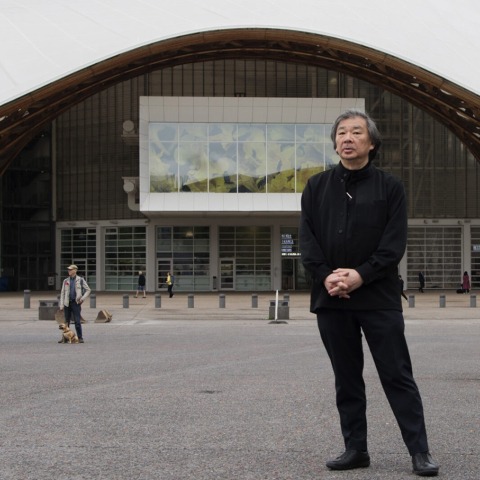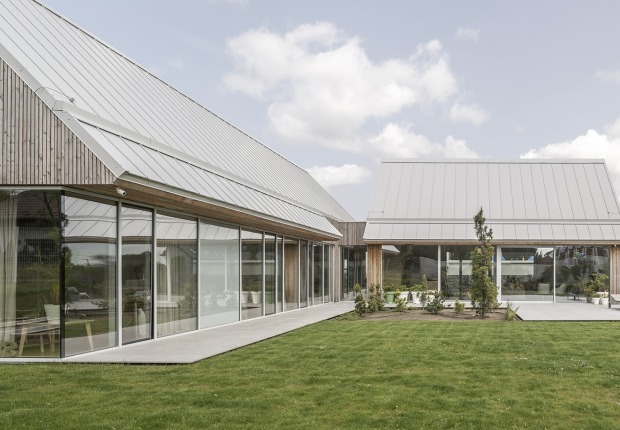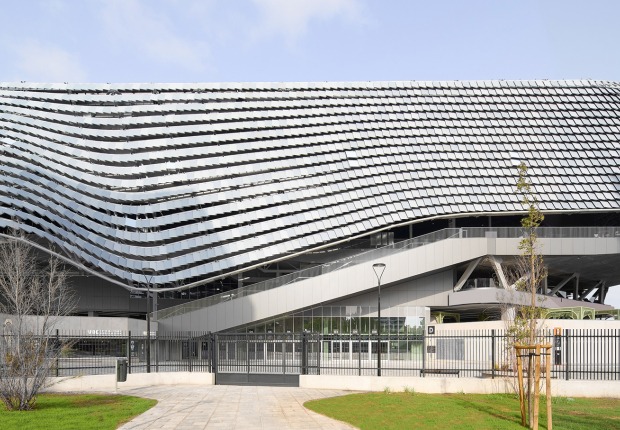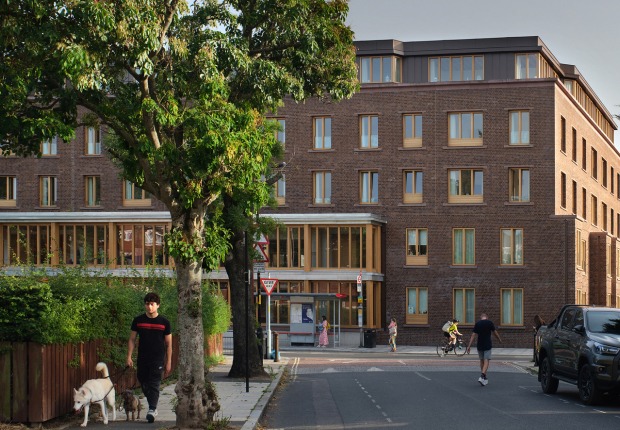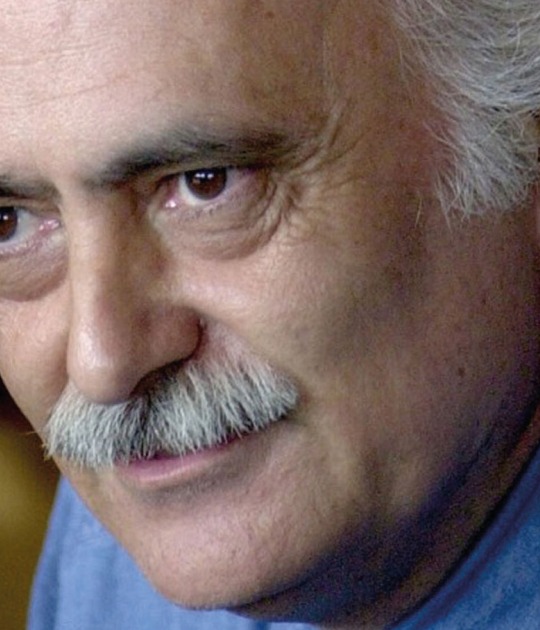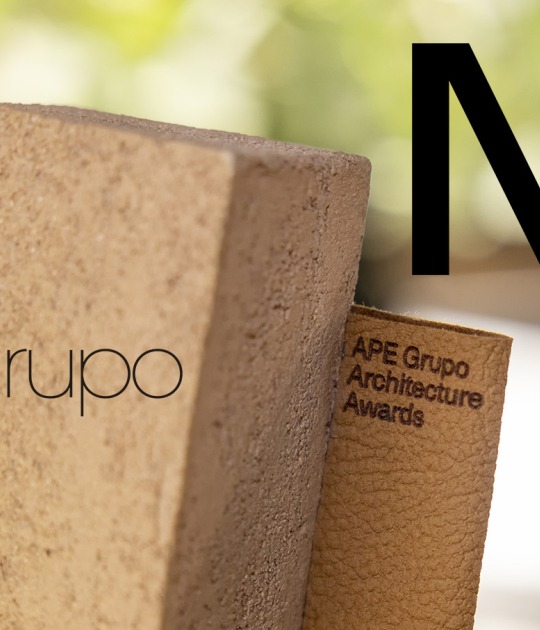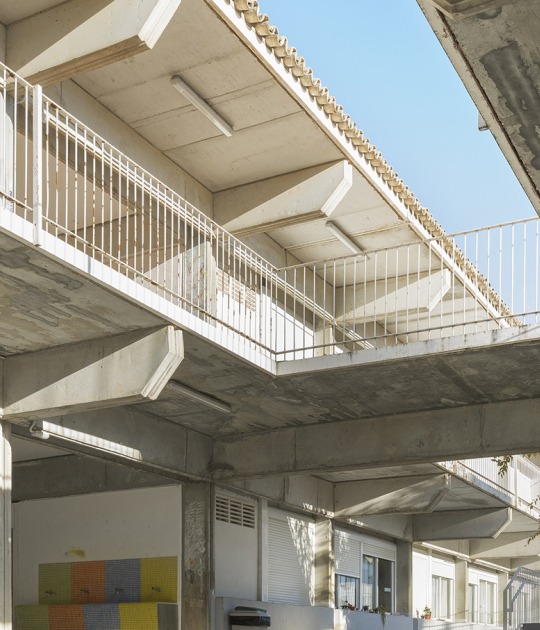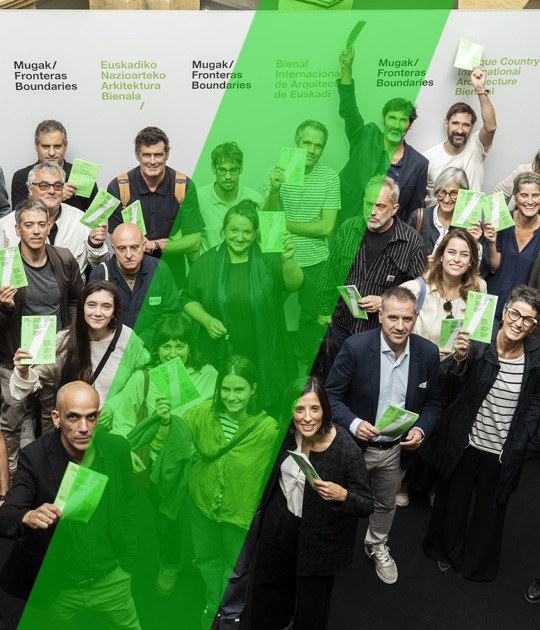His international work is combined with his humanitarian work which began in the 1990s, with notable projects, an incredible journey that runs from his paper tube shelters in Rwanda, the disaster of the Great Hanshin-Awaji Earthquake in Japan, post-tsunami housing in Sri Lanka and the Ukrainian war. He won the 2014 Pritzker Architecture Prize and continues working in times of peace and crisis.
"Ban has used a unique structural system for projects large and small, from civic buildings to emergency shelters. At the heart of his work is his determination that architecture should create something positive for society."
Praemium Imperiale Award statement.
Shigeru Ban played rugby from elementary school through high school. After graduating, he moved to the United States to study at the Southern California Institute of Architecture and later transferred to the Cooper Union School of Architecture in New York City. During a leave of absence, he worked for Arata Isozaki & Associates in Tokyo.
Upon graduation, he returned to Japan and opened his practice. In 1995, as an advisor to the United Nations High Commissioner for Refugees, Ban built a shelter out of paper tubes in a Rwandan refugee camp. In the same year, he built temporary housing for victims of the Great Hanshin-Awaji Earthquake. This experience led him to found the Voluntary Architects’ Network (VAN), which provides architectural relief to refugees and disaster victims around the world.
All names of the new award edition, established in 1988 by the Japan Art Association, were announced on Tuesday, September 10, by the Japan Art Association, as a global arts prize that honours exceptional achievements in Painting, Sculpture, Architecture, Music, and Theatre/Film. For this edition, the recipients are as follows: Painting: Sophie Calle (France); Sculpture: Doris Salcedo (Colombia); Architecture: Shigeru Ban (Japan); Music: Maria João Pires (Portugal/Switzerland); Theatre/Film: Ang Lee (Republic of China, Taiwan).
The awarded are recognized for their international achievements in the arts and their role in enriching the global community. Each laureate receives a price of 15 million yen and a testimonial letter. Prince Hitachi, Honorary Patron of the Japan Art Association, will present a medal at the Awards Ceremony held in Tokyo on November 19, 2024.
